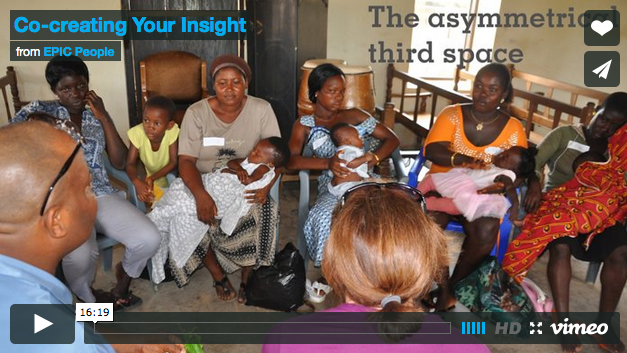As Africa becomes the next frontier for consumer innovations, researchers and designers will be faces with a challenge: how can one get deep and meaningful insights on ever-accelerated project timetables? The following case study offers one such possibility. Drawing on work in rural Ghana, I...




